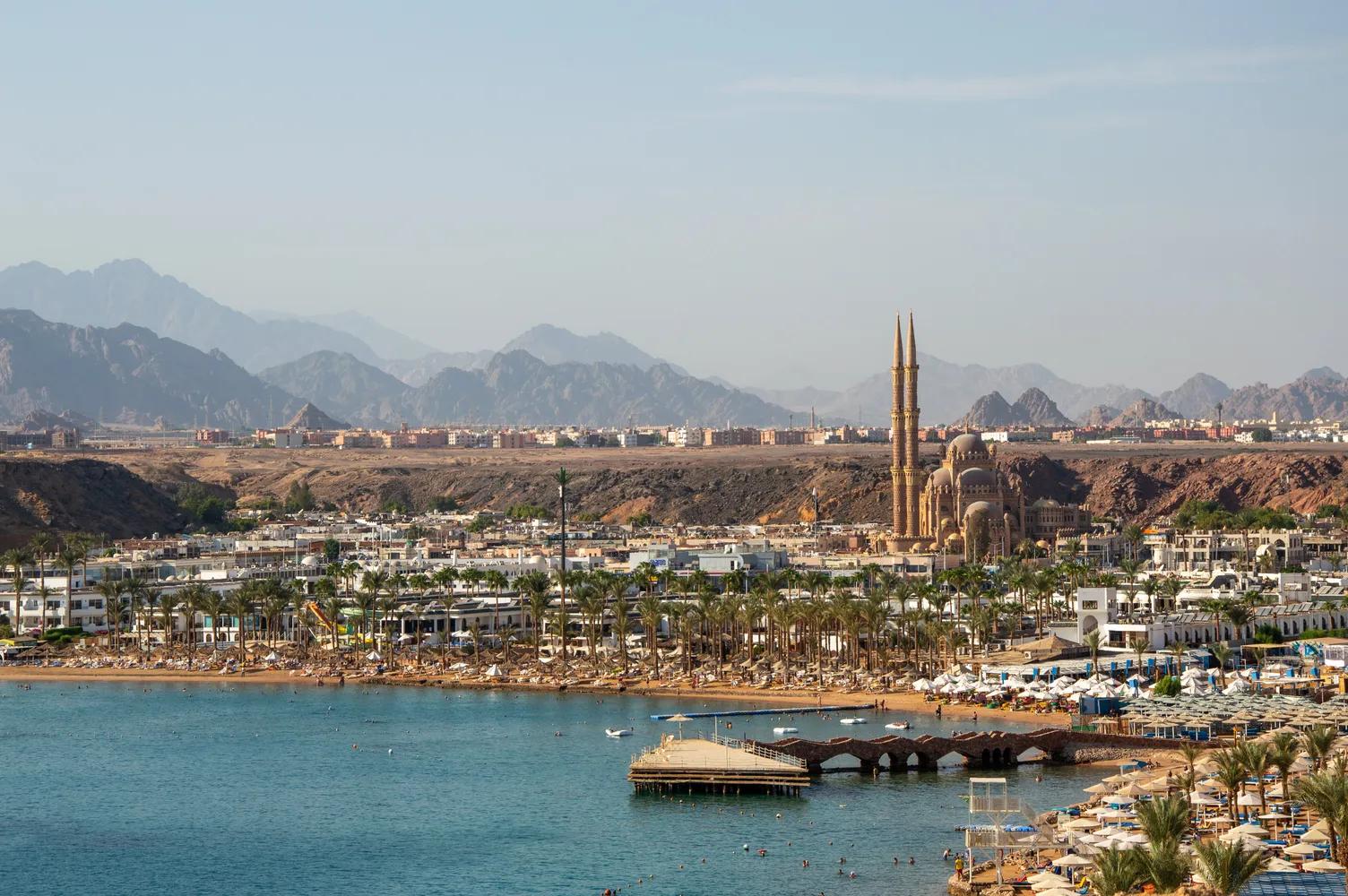
The conclusion of COP27 marked a significant advancement in global climate policy, particularly regarding Article 6 of the Paris Agreement. This provision, essential for the operationalization of international carbon markets, is set to play a pivotal role in the upcoming COP28. Its implications for the carbon industry in Southeast Asia, a region increasingly influential in global climate dynamics, are profound and multifaceted.
Article 6 facilitates market-based approaches to carbon emissions reduction, allowing countries to achieve their Nationally Determined Contributions (NDCs) through emissions trading. COP27's progress in this area was critical, especially for Southeast Asia, where economic growth and climate goals are deeply intertwined. The region's developing carbon market stands to gain significantly from the implementation of Article 6, offering a pathway to integrate economic development with environmental responsibility.
Looking ahead to COP28, expectations center on refining and implementing the decisions made regarding Article 6. For Southeast Asia, the focus will be on leveraging this momentum to strengthen its position in the global carbon market. The region's diverse economies, rich natural resources, and growing technological capabilities position it as a potential leader in this arena.
The challenge for Southeast Asia lies in aligning its diverse economic and environmental landscapes with the standards set forth by Article 6. This includes establishing stringent accounting measures to prevent double counting and ensuring that carbon market activities genuinely contribute to emission reductions and sustainable development.
The region's varied landscape, from Indonesia's rainforests to Vietnam's agricultural lands, offers ample opportunities for carbon offset projects. Properly leveraging these under Article 6 could attract significant international investment, catalyzing a robust carbon economy in Southeast Asia.
However, realizing this potential requires coordinated regional strategies, effective regulatory frameworks, and a commitment to innovation and capacity building. Southeast Asia's role in the upcoming COP28 is not just as a participant but as a potential leader in demonstrating how regional carbon markets can align economic growth with climate action.
As we move towards COP28, the focus will be on how these strategies and frameworks are developed and implemented. The conference presents an opportunity for Southeast Asia to showcase its progress and vision in the carbon market, influencing global climate policy and practice.
In summary, the journey from COP27 to COP28 is critical for Southeast Asia's carbon industry. The region has the opportunity to set a precedent in integrating economic development with sustainable environmental practices. Success in this endeavor would not only bolster the region's economy but also contribute significantly to global climate mitigation efforts.